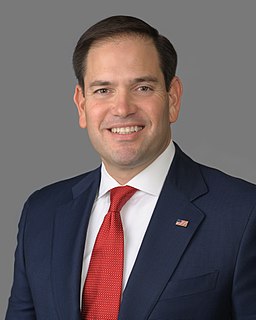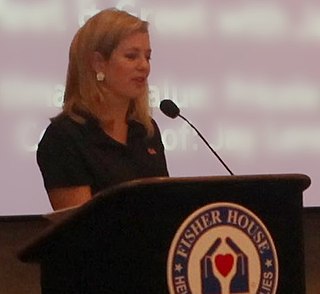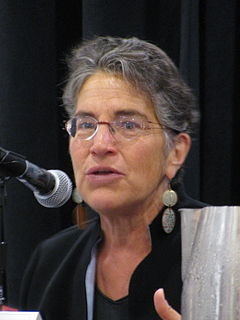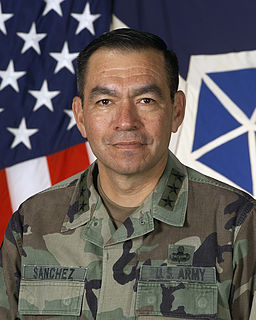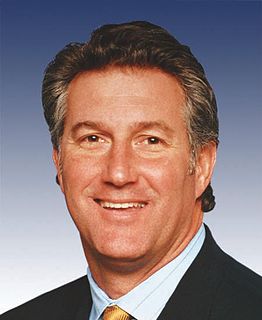A Quote by Edward Kennedy
It appears that legal positions that you have supported have been used by the administration, the military, and the CIA to justify torture and Geneva Convention violations by military and civilian personnel.
Related Quotes
What is and isn't justified by military necessity is, naturally, open to interpretation. One of the key concepts, though, is the law of proportionality. A military attack that results in civilian casualties - 'collateral damage' - is acceptable as long as the military benefits outweigh the price that is paid by humanity.
Instead of ending U.S. military aid to the 23rd wealthiest country to use for its consistent violations of international law and human rights, we see the Obama administration escalating the annual amount of aid, so that Israel will now start each year with almost $4 billion, with $3.8 billion a year of military aid coming from our tax money to support its military, without any restrictions on how it makes - how it uses that money, what weapons in the U.S. it's able to buy.
In the aftermath of the terrorist attacks of September 11, 2001, I watched helplessly as the Bush administration led America into a strategic blunder of historic proportions. It became painfully obvious that the executive branch of our government did not trust its military. It relied instead on a neoconservative ideology developed by men and women with little, if any, military experience. Some senior military leaders did not challenge civilian decision makers at the appropriate times, and the courageous few who did take a stand were subsequently forced out of the service.
Because of the terrorist threat, the FBI and CIA have become as important as the military in preserving our freedom. Yet while thanking our military is standard practice in American life, no one thinks of thanking the FBI, the CIA, or the rest of the intelligence community for keeping us safe since 9/11.
After the death of the sadistic dictator Gen. Sanni Abacha in 1998, Nigeria underwent a one-year transitional military administration headed by Gen. Abdulsalami Abubakar, who uncharacteristically bowed out precisely on the promised date for military disengagement. Did the military truly disengage, however? No.

